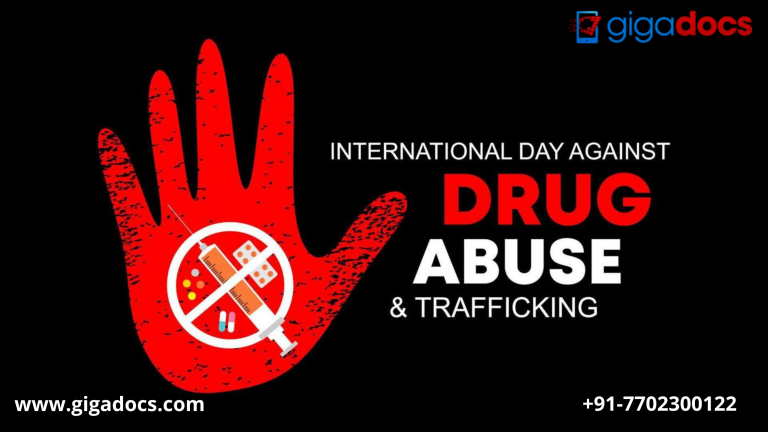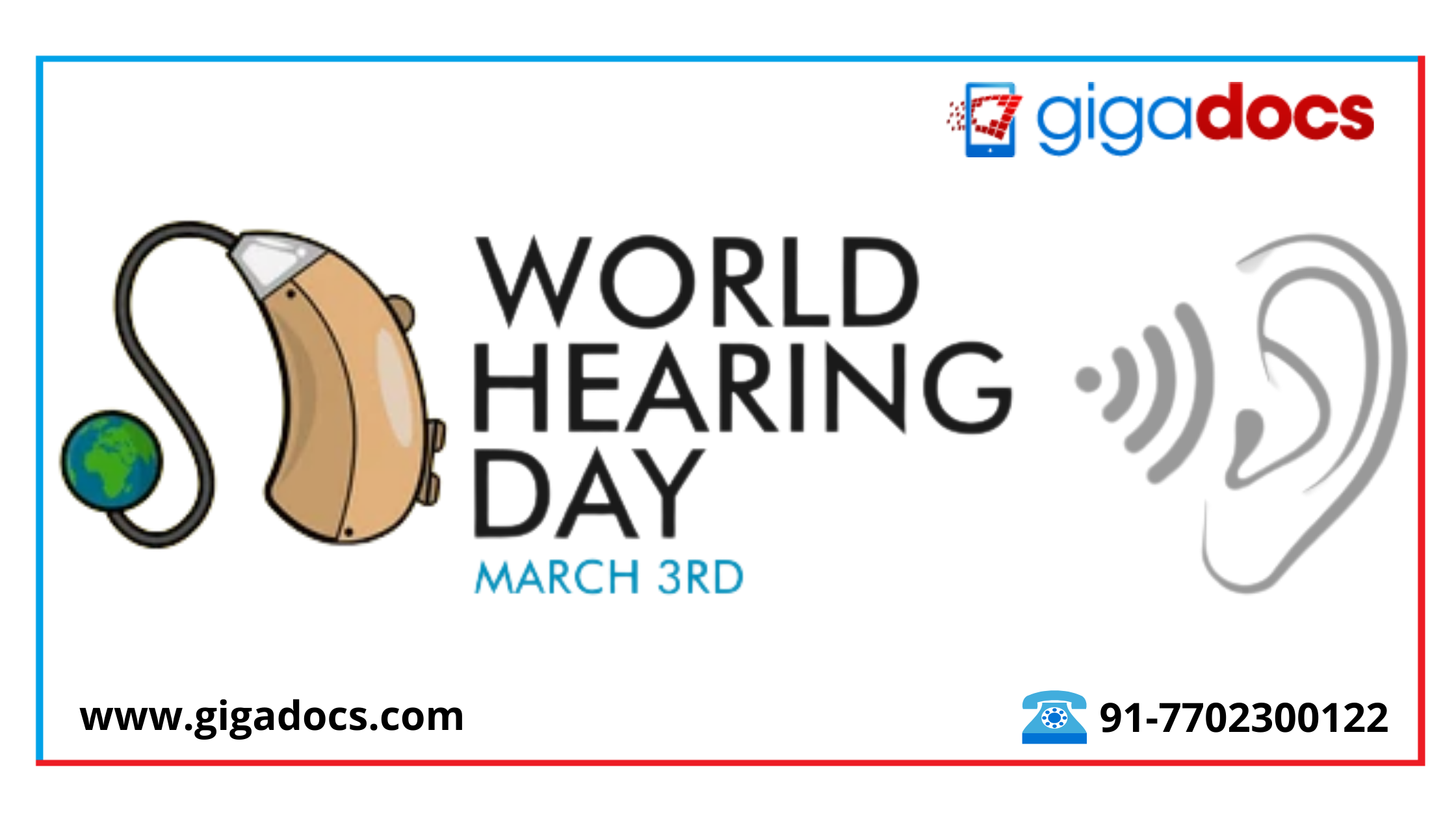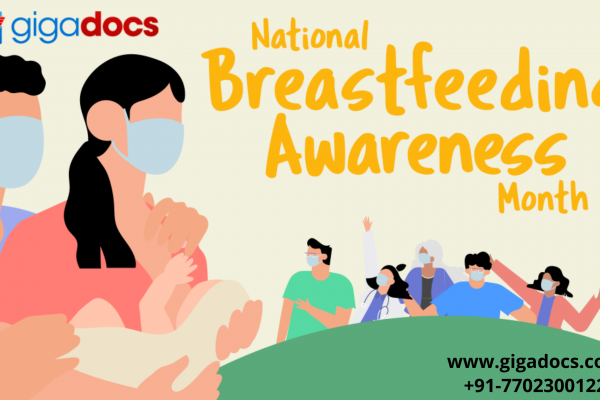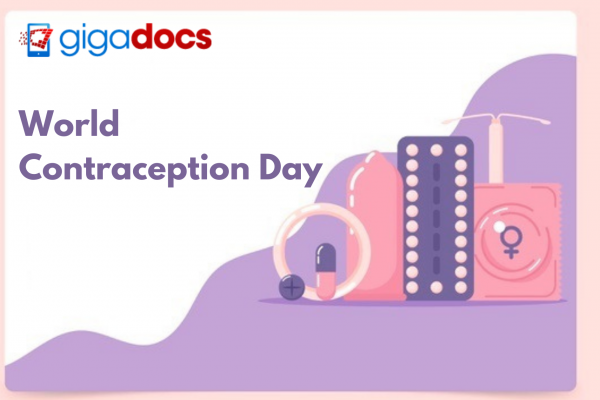Illegal or illicit substance addiction can result in serious health issues. Unfortunately, drug use and addiction are at epidemic levels worldwide, including in India.
Drug, alcohol, or both types of substance abuse are associated with several negative social outcomes, such as family discord, monetary difficulties, lost productivity, academic failure, domestic violence, child abuse, and crime. Substance abuse is also one of the most intricate public health problems due to social norms and judicial responses to the use of alcohol and illegal drugs.
International Day Against Drug Abuse and Illicit Trafficking
June 26 is the International Day Against Drug Abuse and Illicit Trafficking worldwide. The day is recognized annually by the United Nations to observe the measures taken to combat drug abuse and stop drug trafficking.
Support for the day comes from individuals, communities, and organizations who cooperate to treat drug addicts, getting them the necessary medical care and preventing the use and trafficking of illegal drugs.
Let’s learn more about how drug and alcohol abuse affects your health in the next section-
Health Abuse from Drug and Alcohol
Drug and Alcohol lead to long-term health abuses, especially to the brain. Additionally, substance abuse goes through different body systems, which increases the risk of more extensive harm. These modifications may cause long-lasting damage.
- Damage to the immune system
Drugs administered intravenously carry a very high risk of infection, particularly from bacterial infections contracted from sharing contaminated needles or hepatitis B, C, and HIV. Infections from snorting or smoking drugs, for example, can increase the risk of developing certain disorders. The immune system’s production of white blood cells is directly affected by some drugs, like cocaine, which lessens the immune response to infection.
- Cardiovascular Troubles
Central Nervous System depressants can slow a user’s heart rate, while stimulants can speed it up. An increased risk of blood clots and other circulatory issues may be associated with persistently high or low blood pressure. Numerous intoxicants can result in an irregular heartbeat. Drugs that cause stimulation, such as cocaine or methamphetamine, can cause cardiac arrest and overdose deaths.
Alcohol abusers are more likely to develop tuberculosis, acute respiratory distress syndrome, and pneumonia.
- Gastrointestinal Issues
Orally ingested drugs like opioids and ADHD can harm the digestive system. Opioids can cause chronic constipation, and other drugs can upset your stomach, make you feel nauseous, or throw you up. Gastrointestinal reflux disease (GERD), also known as chronic indigestion or alcoholic indigestion, can harm the esophagus and make some foods painful to eat. Regular vomiting brought on by substances can harm the esophagus and result in malnutrition cases.
Other conditions connected to alcohol abuse include increased risk of GI cancer, pancreatitis, stomach bleeding, nutrition deficiencies, and malnutrition.
- Respiratory diseases
Smoking any substance can harm the alveoli in the lungs and increase the risk of infections in the upper respiratory system. Hypoxia can cause death among opioid abusers or other CNS depressants. Still, it can also cause harm to other organs in those who have reduced or depressed breathing patterns for an extended period due to addiction.
- Liver Damage
Although the liver plays a role in the metabolism of nutrients, it also serves as the central location for many detoxifying ingested substances. The liver can become overburdened with its metabolic responsibilities when exposed to persistently high levels of some drugs, and the organ’s tissues start to degrade. Inhalants, heroin, steroids, and alcohol can quickly harm the liver and result in cirrhosis or hepatitis. Alcohol, in particular, can cause various liver conditions, from relatively mild ones like fatty liver to ones that cause more severe inflammation like alcoholic hepatitis and cirrhosis, which is a danger factor for the emergence of liver cancer.
- Kidney Damage
Large quantities of any dangerous substance in the blood will impact the kidneys – tasked with filtering toxins out of the bloodstream. Some medications can cause rhabdomyolysis, a condition where muscle tissue breaks down and releases toxic amounts of myoglobin and other large proteins into the bloodstream. As a result, the kidneys may become overburdened and unable to filter toxins effectively, which may cause worsening kidney damage that eventually needs dialysis due to renal failure.
- Neurological Issues
In many cases, drug use and mental illnesses coexist. Addiction may occasionally occur before mental illnesses like anxiety, depression, or schizophrenia. In other situations, drug use may cause or aggravate mental health cases.
Brain areas associated with several crucial processes, including decision-making, impulse control, and reward/pleasure, may change as the addiction progresses. Alcohol and other sedative-hypnotics are linked to significant cognitive impairment, high doses, memory loss, and movement issues. Negative side effects could manifest once these medications leave the body because the brain might take longer to balance out neurotransmitters like serotonin, dopamine, and norepinephrine.
- Drug use while Pregnant or Breastfeeding
Neonatal abstinence syndrome, which can occur due to a mother’s substance or medication use during pregnancy, describes the withdrawal symptoms that a newborn may experience. Tremors, issues with sleeping and eating, and even seizures are possible symptoms, though they will vary depending on the substance used.
- Negative effects of Secondhand Smoke
At least 250 chemicals known to be harmful, especially to children, are exposed to bystanders as a result of secondhand tobacco smoke. For those who have never smoked, secondhand smoke exposure increases their risk of developing lung cancer and heart disease.
- Increased likelihood of Traffic collisions
Similar to driving after consuming alcohol, using illegal drugs or abusing prescription medications can make it risky to operate a motor vehicle. Drugged driving risks the driver, the passengers, and other road users.
De addiction Psychiatrist on Gigadocs
De-addiction specialists on the Gigadocs app will develop an extensive treatment plan following the patient’s diagnosis. Therapy, drug abuse treatment, ongoing counseling, and medication may all be included in this plan. To help the patient safely wean off a controlled substance, the mental health professional may even advise detox if necessary. In extreme cases, the doctor might recommend admission to a center for addiction treatment; to know more, download the Gigadocs App from-
- IOS App – apple.co/2W2iG4V
- Android App – bit.ly/33AQoR




